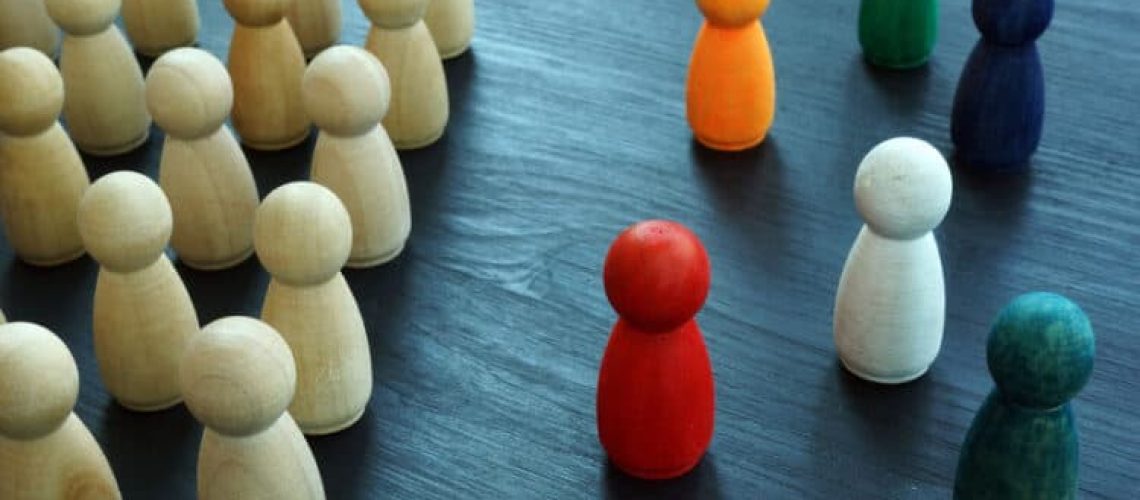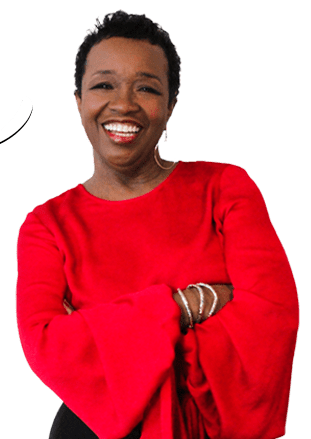“Coolest Monkey in the Jungle” was a phrase heard all over the world In January 2018. Major retailer, H&M sparked controversy following an ad of a young black boy wearing a lime sweatshirt with this disturbing quote written across his chest. Somehow, the higher ups at H&M didn’t know using the word “monkey” describing the black community was considered a racial slur. The ad caused a major uproar throughout social media. Black twitter erupted with tweets of disgust with H&M calling out the company’s lack of knowledge of cultural awareness. The clothing retailer even got attention from celebrities like NBA-Star LeBron James who altered the image to display the young model as a king wearing a crown. Shocked and embarrassed by the ad, R&B singer, The Weekend, cut ties with the company as their national spokesman stating he was deeply offended by the ad. Petitions for boycotts of the company became global and stores were even vandalized. The company removed the photo and released a statement of apology. In the wake of the drama, a Diversity Manager was hired to advise the ill-informed, all-white board members.
With Nielsen studies showing that African Americans have the buying power of 1.3 Trillion, it’s important that brands are socially and culturally aware of the African American consumer. It is a reality that when companies target African Americans, brands ultimately establish trust and loyalty. The question is, why are companies continuing to ignore the black consumer?
When we are seen by corporations that are sensitive to our history, our plight and our purchasing behaviors, brands benefit by receiving African American consumer support. According to CBS News, Nike’s campaign with former NFL Quarterback, Colin Kaepernick soared for their 30th Anniversary “Just Do It” Campaign. Kaepernick, known for his kneeling protest against police brutality during the National Anthem before NFL games, brought an overall $6 billion dollar increase in value for the company. Black consumers saw Nike’s recogni-tion to this issue of racial profiling and consumers felt comfortable with purchasing their products.
“African Americans pay attention to how companies are speaking to them. As they spend more, they want more for themselves and from the brands they support”.
Nielsen’s “It’s in the Bag: Black Consumers Path to Purchase”.
Corporate brands that engage as sponsors of The Black Women’s Expo annually recognize the spending power of this consumer market but, as importantly they know that Blacks are more likely to purchase from the brands that support them and their social causes.


